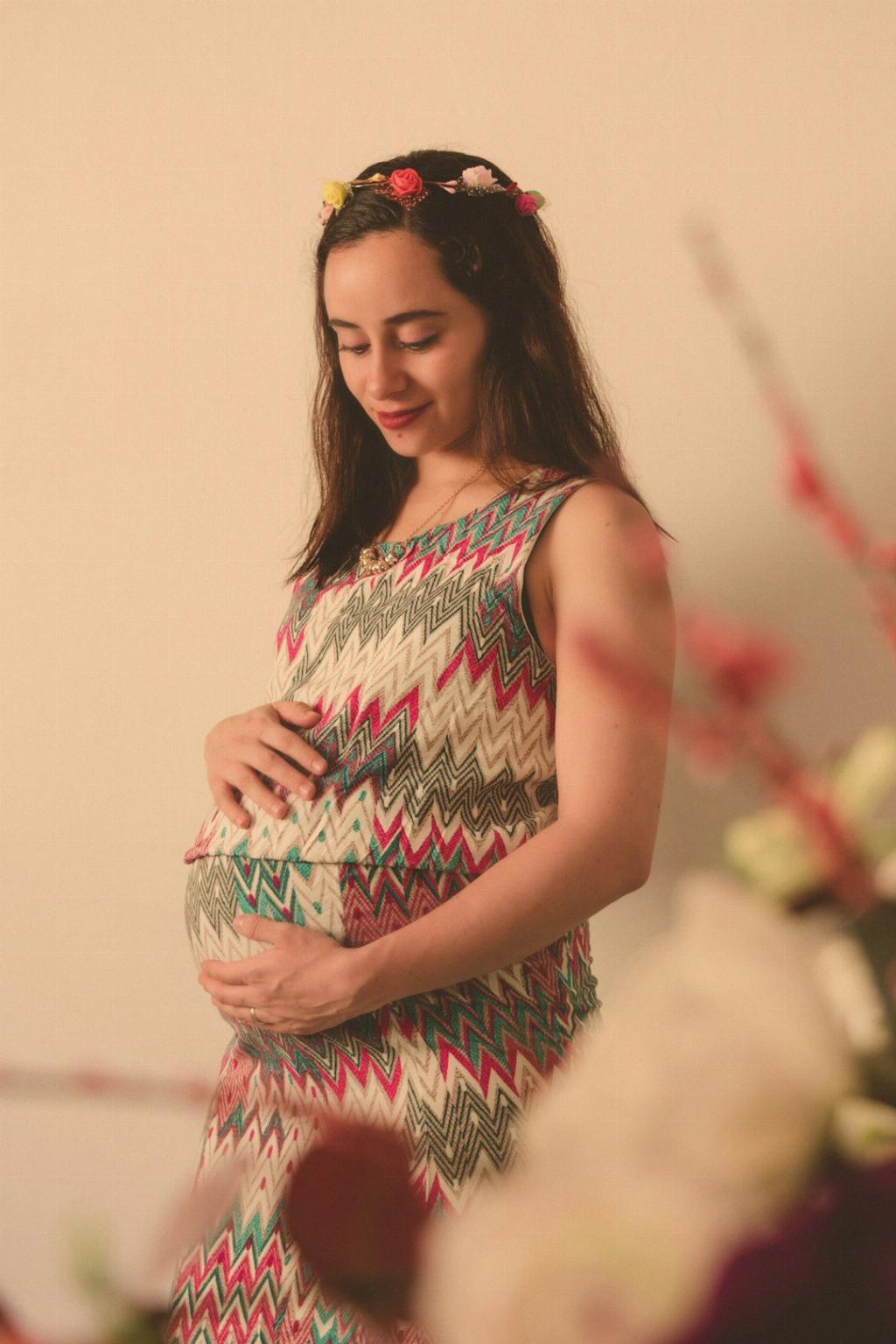One of the most exciting parts of pregnancy is capturing those beautiful moments through maternity photoshoots. Many expecting mothers often wonder about the ideal time to start taking pregnancy pictures. While there is no one-size-fits-all answer, there are some guidelines to consider to ensure you get the best results.
Optimal Timing for Maternity Photo Sessions
Experts suggest that the best time frame for a maternity photo session is typically between 28 to 36 weeks of pregnancy. During this period, most women have a prominent baby bump that is perfect for capturing those stunning pictures that will be cherished for years to come.
Consider Your Comfort and Mobility
While the 28 to 36-week window is often recommended, it is crucial to take your own comfort and mobility into account. If you are feeling particularly heavy or uncomfortable due to the pregnancy, it might be better to schedule your photoshoot earlier, around the 25 to 30-week mark.
Avoid Waiting Until the Last Minute
It’s essential not to leave your maternity photoshoot until the last minute. As the due date approaches, you may feel more tired and less inclined to pose for pictures. Additionally, there is always a chance that the baby might decide to make an earlier appearance, cutting short your plans for a maternity shoot.
Enjoy the Glow of Pregnancy
Many women experience a beautiful pregnancy glow during the second trimester. This mid-pregnancy phase, around 25 to 30 weeks, can be an excellent time to capture that radiant complexion and blossoming belly in your maternity photos.
Account for Individual Differences
Every pregnancy is unique, and so is every woman’s body. Some women may carry differently or have certain medical conditions that require adjustments to the timing of their maternity photoshoots. Always listen to your body and consult with your photographer to determine the best timing for your session.
Plan Ahead for the Photoshoot
Once you have decided on the ideal timing for your maternity photos, it’s crucial to plan ahead for the photoshoot. Consider factors such as the location, wardrobe, props, and poses you want to incorporate to ensure a smooth and successful session.
Embrace Your Changing Body
Pregnancy is a time of significant change and transformation, both physically and emotionally. Embrace this journey and celebrate your changing body through maternity photos that capture the essence of this special moment in your life.
Capture Priceless Memories
Maternity photos are not just about documenting your growing belly; they are about capturing the love, excitement, and anticipation of welcoming a new life into the world. These photos will become cherished memories that you can look back on with fondness for years to come.
Consult with Your Photographer
Your photographer is a valuable resource when it comes to deciding the best time to start taking pregnancy pictures. They have the experience and expertise to guide you through the process and help you achieve the desired results that align with your vision.
Trust Your Instincts
Ultimately, the decision of when to start taking pregnancy pictures is a personal one. Trust your instincts and choose a time that feels right for you. Whether it’s during the second trimester or closer to the third trimester, the most important thing is to capture this fleeting moment in time.
Conclusion
In conclusion, the optimal timing for maternity photoshoots is typically between 28 to 36 weeks of pregnancy, but individual factors such as comfort, mobility, and personal preference should also be taken into consideration. Plan ahead, embrace your changing body, and work closely with your photographer to create beautiful memories that will last a lifetime.

